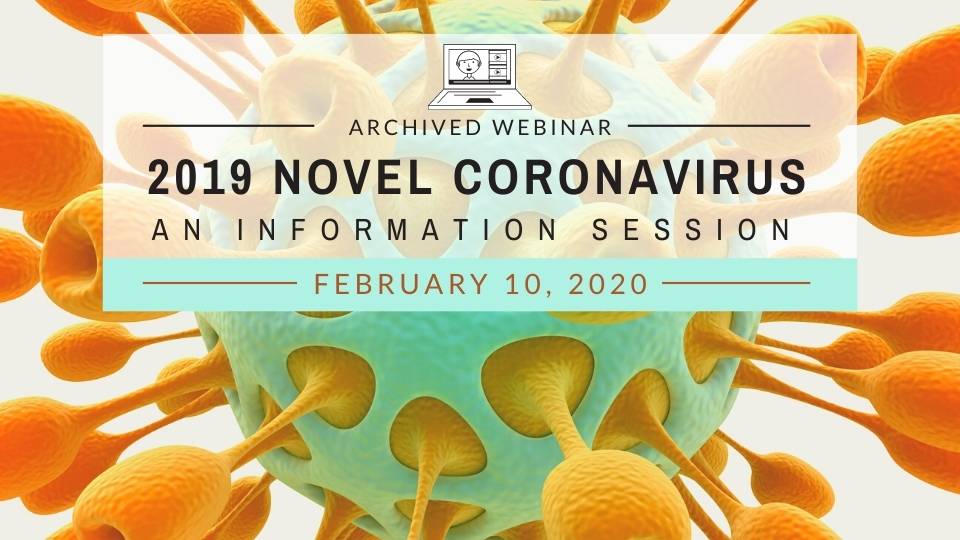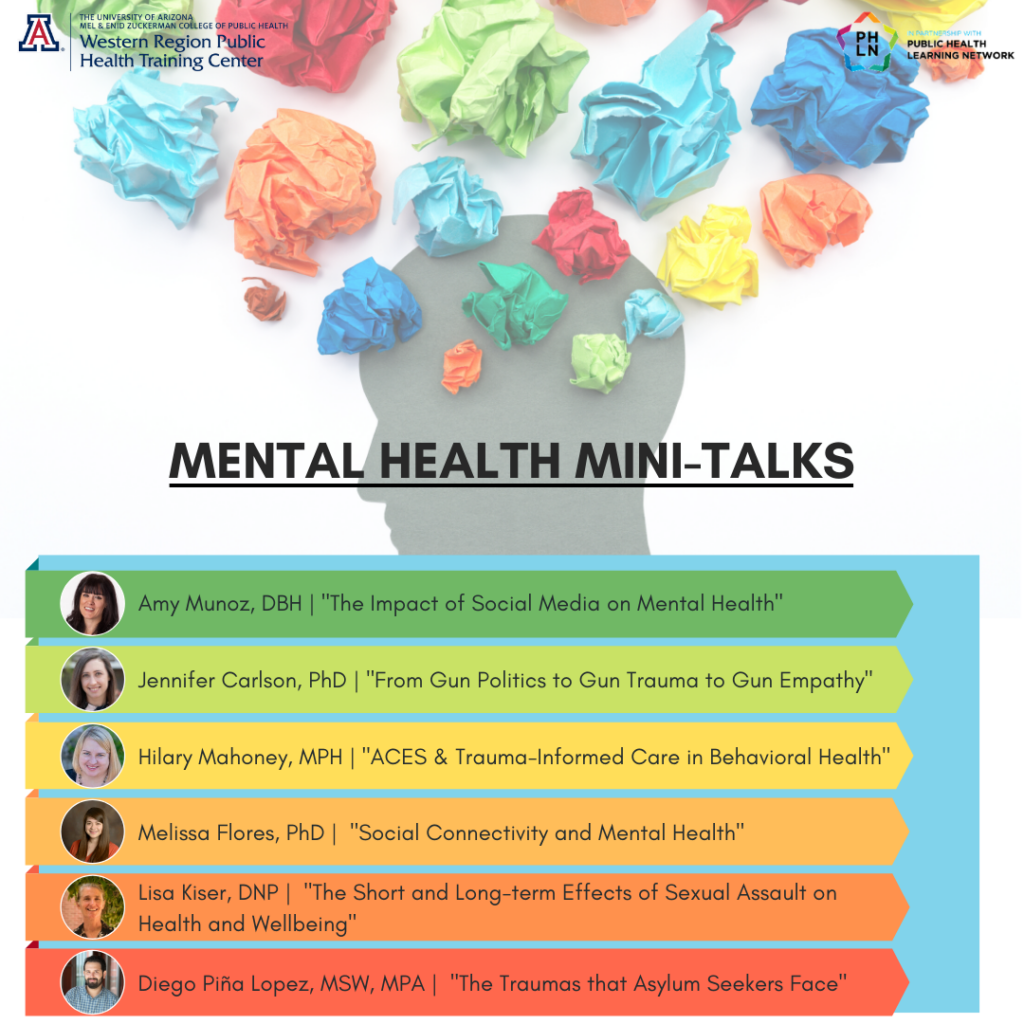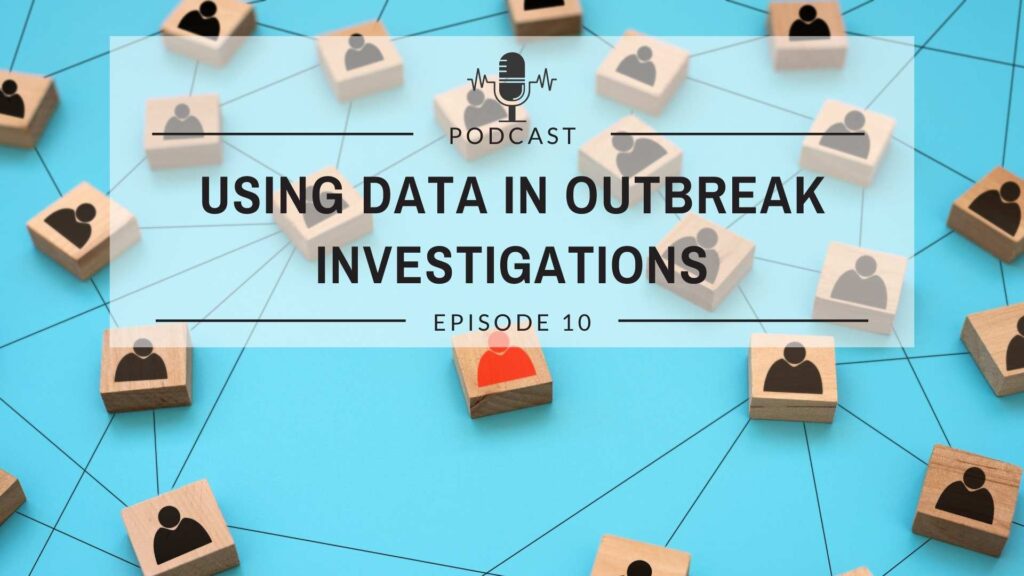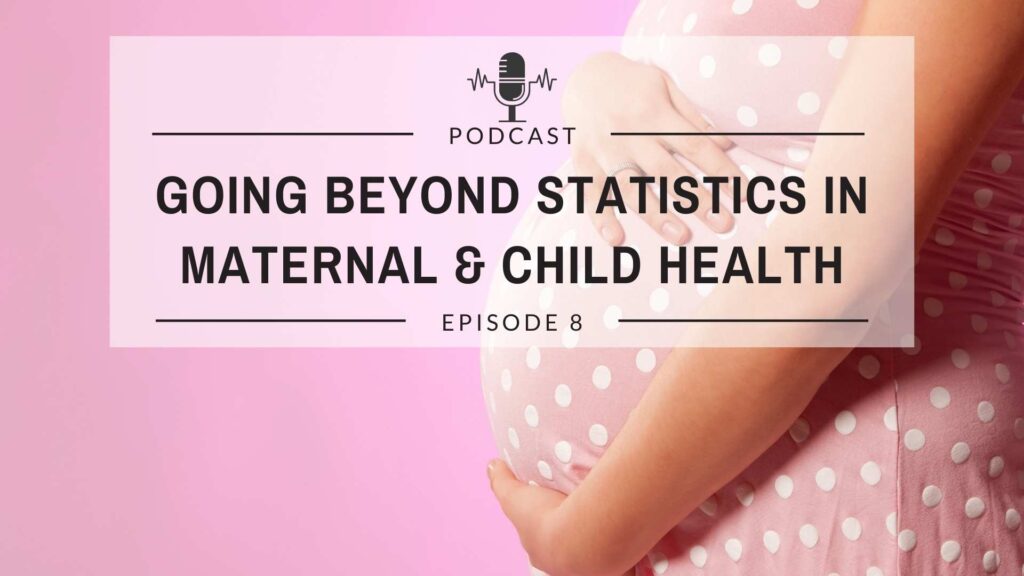View the recording from a panel discussion of experts from the University of Arizona's College of Public Health, Campus Health, Banner Health, and the Maricopa and Pima County Health Departments demystifying the 2019 Novel Coronavirus.
Objectives:
- Foster better understanding of the 2019-nCoV outbreak using epidemiologic principles.
- Share reliable information and information sources regarding risk, prevention, diagnosis, and treatment from WHO, CDC, ADHS, Pima County Health Department, and UA Campus Health.
- Promote evidence-based preventative strategies.













